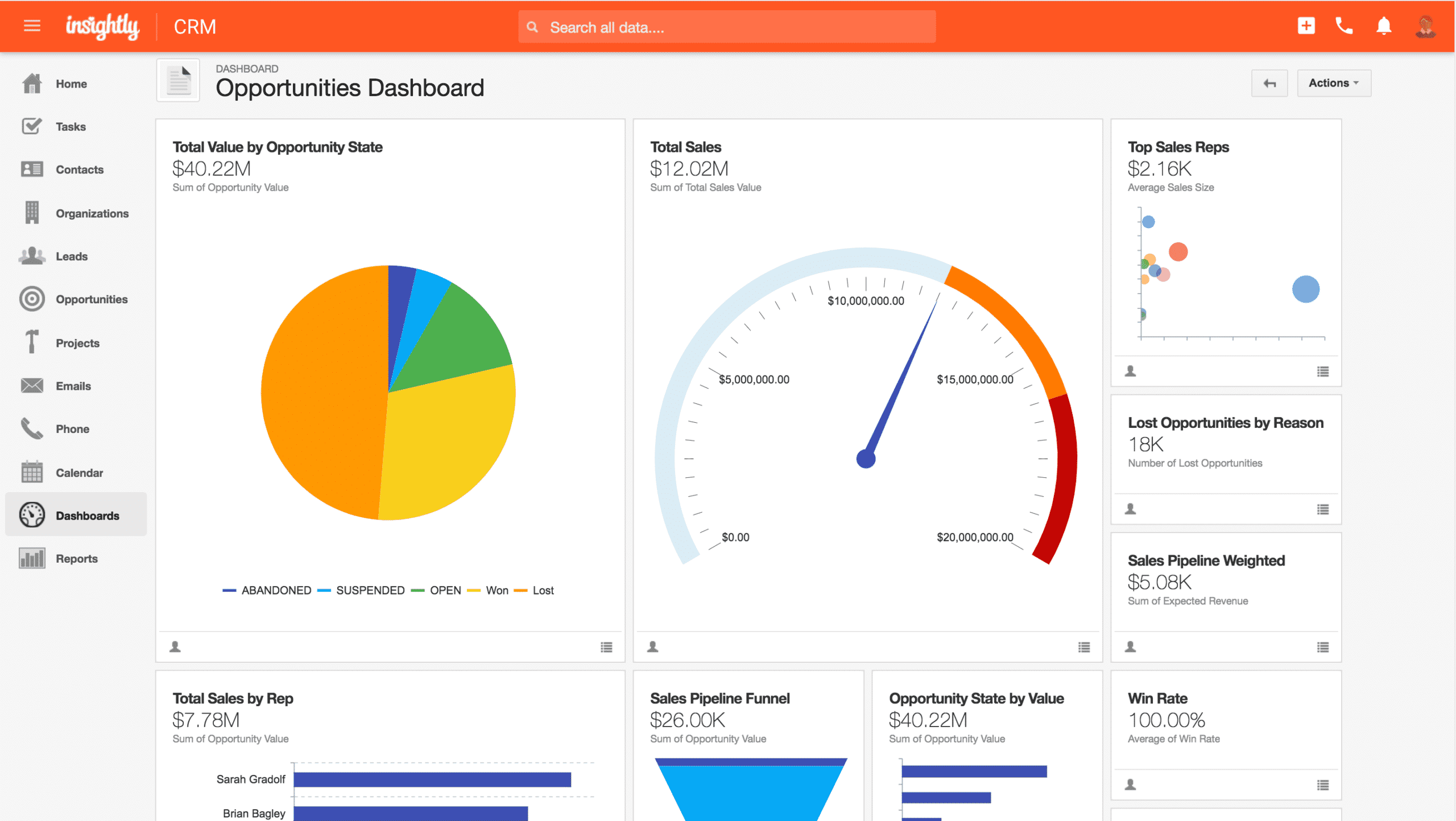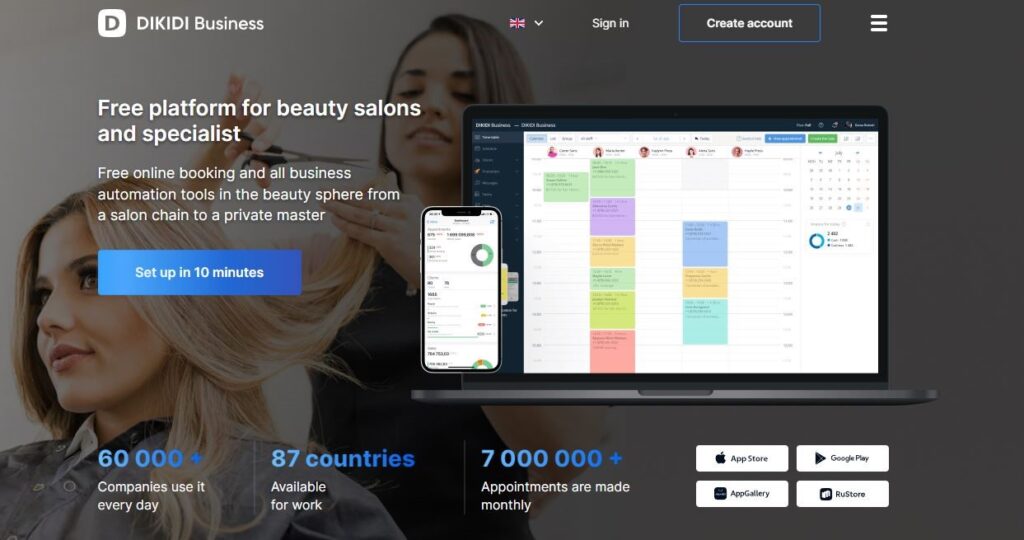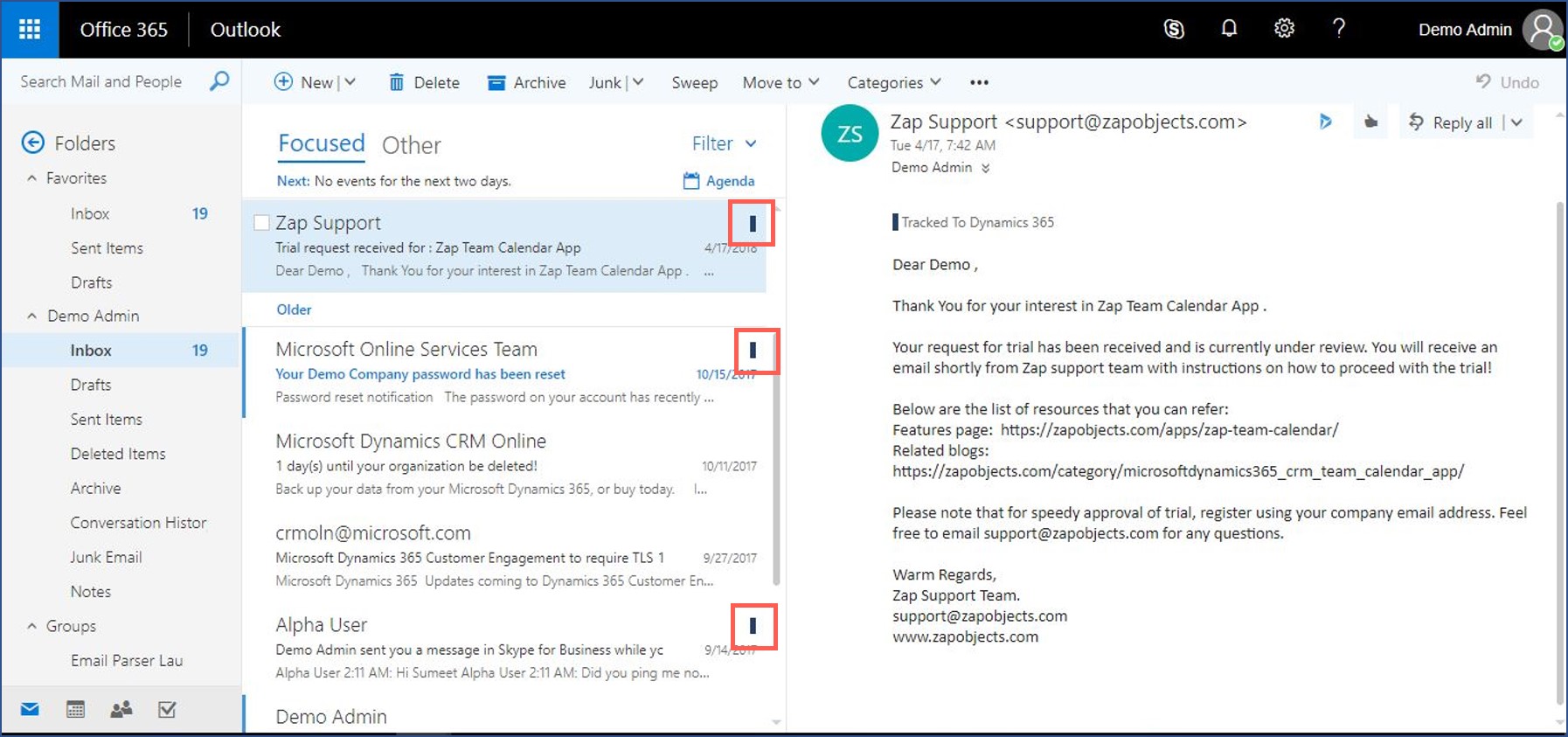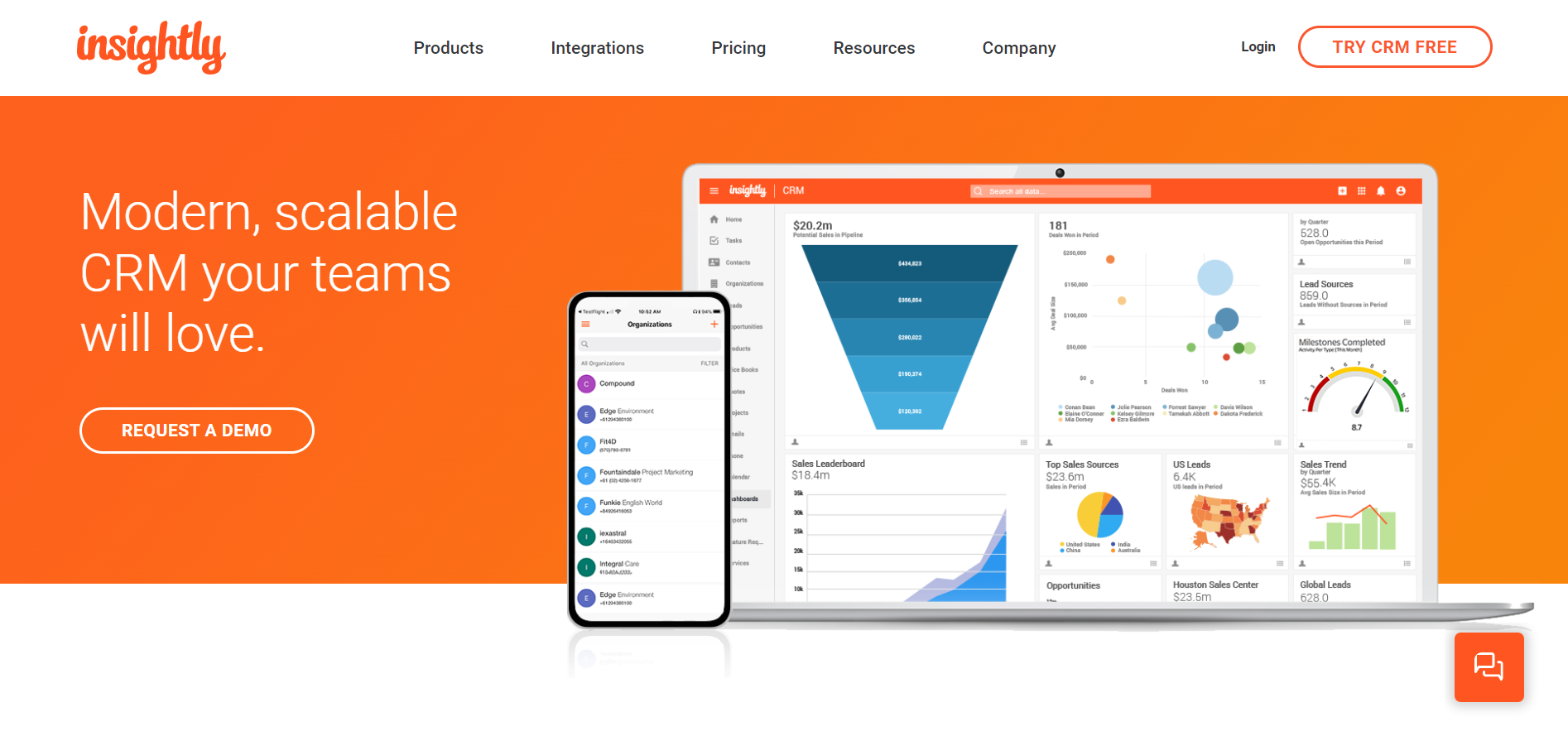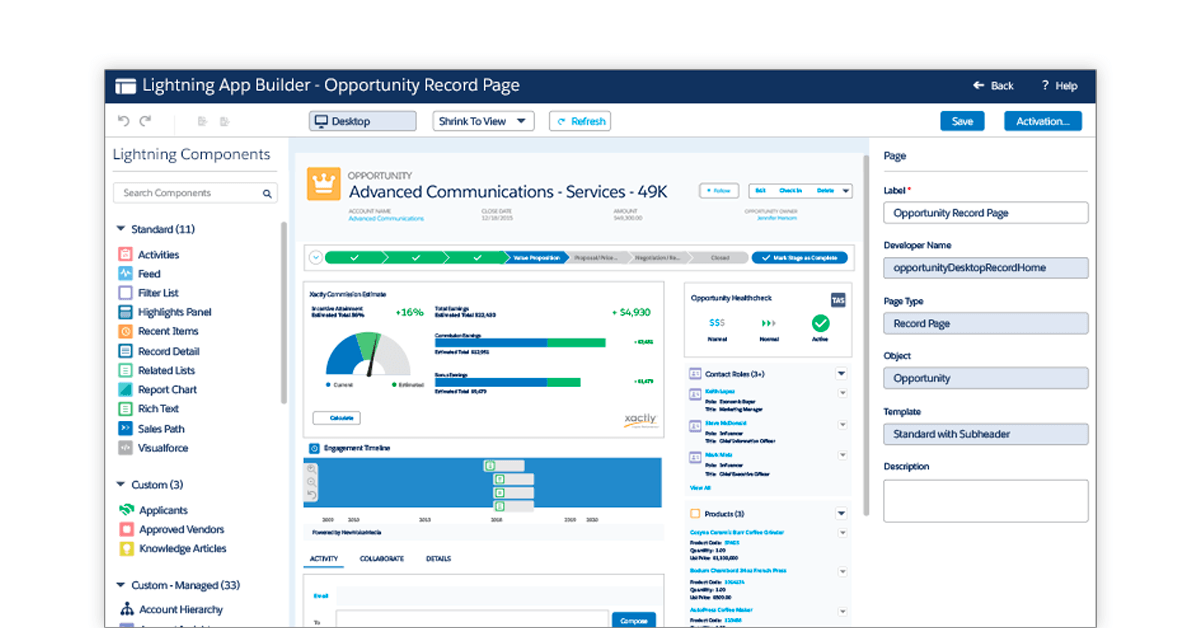Unlocking Growth: How CRM and Analytics Power Small Business Success
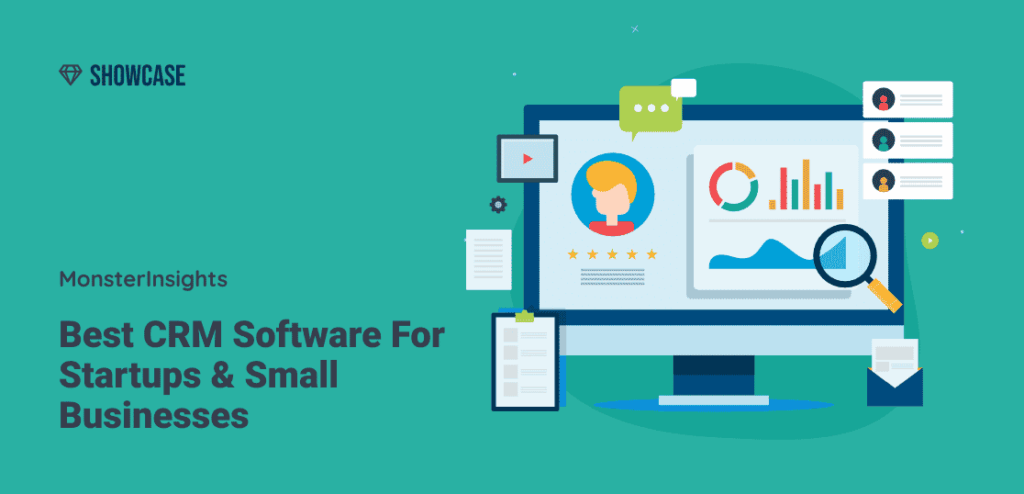
Unlocking Growth: How CRM and Analytics Power Small Business Success
In the dynamic world of small business, staying ahead requires more than just a great product or service. It demands a deep understanding of your customers, their needs, and how they interact with your business. This is where the power of Customer Relationship Management (CRM) systems and robust analytics comes into play. For small businesses, the right CRM combined with insightful analytics can be the difference between barely surviving and thriving. This article dives deep into how these tools can revolutionize your approach to customer engagement, sales, and overall business strategy.
The Foundation: Understanding CRM
At its core, a CRM system is designed to manage and analyze customer interactions and data throughout the customer lifecycle. It’s much more than just a contact list; it’s a centralized hub where you store information about your customers, their preferences, purchase history, and communication interactions. This comprehensive view empowers you to personalize your interactions, anticipate customer needs, and build stronger, more profitable relationships.
Why CRM Matters for Small Businesses
Small businesses often operate with limited resources, making every customer interaction crucial. CRM helps you:
- Improve Customer Service: Quickly access customer information to provide prompt and personalized support.
- Boost Sales: Identify and nurture leads, track sales progress, and close deals more effectively.
- Enhance Marketing Efforts: Segment your audience, personalize marketing campaigns, and track campaign performance.
- Increase Efficiency: Automate repetitive tasks, freeing up your team to focus on higher-value activities.
- Gain Insights: Analyze customer data to understand trends, identify opportunities, and make data-driven decisions.
The Power of Analytics: Turning Data into Action
CRM systems are often the source of a wealth of data, but raw data is useless without the ability to analyze it. This is where analytics comes in. Analytics tools help you transform data into actionable insights, providing a clear understanding of your business performance and customer behavior. By analyzing the data collected within your CRM, you can make informed decisions that drive growth.
Key Analytics Metrics for Small Businesses
To truly leverage the power of your CRM and analytics, it’s essential to track the right metrics. Here are some key performance indicators (KPIs) that small businesses should monitor:
- Customer Acquisition Cost (CAC): The cost of acquiring a new customer. This helps you optimize your marketing spend.
- Customer Lifetime Value (CLTV): The predicted revenue a customer will generate throughout their relationship with your business.
- Conversion Rates: The percentage of leads that convert into customers.
- Sales Cycle Length: The time it takes to close a deal.
- Customer Retention Rate: The percentage of customers who stay with your business over a specific period.
- Customer Satisfaction (CSAT): Measures how satisfied customers are with your products or services.
- Net Promoter Score (NPS): Measures customer loyalty and willingness to recommend your business.
Choosing the Right CRM for Your Small Business
Selecting the right CRM is a crucial decision. The best CRM for your business will depend on your specific needs, budget, and technical capabilities. Consider the following factors when making your choice:
Key Features to Look For
- Contact Management: Easy organization and access to customer information.
- Sales Automation: Tools to automate sales tasks like lead nurturing and follow-ups.
- Marketing Automation: Features for email marketing, campaign management, and lead scoring.
- Reporting and Analytics: Built-in dashboards and reporting tools to track key metrics.
- Integration Capabilities: Seamless integration with other tools you use, such as email marketing platforms, accounting software, and social media.
- Mobile Accessibility: The ability to access and update your CRM on the go.
- Scalability: The ability to grow with your business.
- Ease of Use: A user-friendly interface that is easy for your team to learn and use.
- Customer Support: Reliable customer support to assist you with any issues.
Popular CRM Options for Small Businesses
Here are a few popular CRM options that are well-suited for small businesses:
- Zoho CRM: A comprehensive CRM with a free plan and affordable paid plans. Offers a wide range of features, including sales automation, marketing automation, and analytics.
- HubSpot CRM: A popular free CRM with powerful features for contact management, sales, and marketing. Offers paid plans for advanced features.
- Pipedrive: A sales-focused CRM designed to help you manage your sales pipeline and close deals.
- Freshsales: A sales CRM with features like built-in phone and email, sales automation, and reporting.
- Salesforce Essentials: A simplified version of Salesforce designed for small businesses, offering essential CRM features.
Integrating CRM and Analytics: A Step-by-Step Guide
Once you’ve chosen your CRM, the next step is to integrate it with analytics tools to gain a comprehensive view of your business. Here’s a step-by-step guide:
- Choose Your Analytics Tools: Select analytics tools that integrate with your CRM. This could include built-in CRM analytics, Google Analytics, or dedicated business intelligence (BI) platforms.
- Connect Your Data Sources: Integrate your CRM with your chosen analytics tools. This involves connecting your CRM data to the analytics platform so that data can flow seamlessly.
- Define Your KPIs: Identify the key performance indicators (KPIs) that are most important to your business goals.
- Create Dashboards and Reports: Build dashboards and reports to visualize your data and track your progress against your KPIs.
- Analyze Your Data: Regularly analyze your data to identify trends, patterns, and areas for improvement.
- Make Data-Driven Decisions: Use your insights to make informed decisions about your sales, marketing, and customer service strategies.
- Continuously Optimize: Regularly review and refine your CRM and analytics processes to maximize their effectiveness.
Real-World Examples: CRM and Analytics in Action
Let’s look at some real-world examples of how small businesses are using CRM and analytics to achieve remarkable results:
Example 1: E-commerce Business
An e-commerce business uses its CRM to track customer purchase history, browsing behavior, and email interactions. By analyzing this data, they identify customers who are likely to make repeat purchases and send them personalized product recommendations. This leads to a significant increase in sales and customer lifetime value.
Example 2: Service-Based Business
A service-based business uses its CRM to manage leads, track sales progress, and provide customer support. By analyzing its sales pipeline data, the business identifies bottlenecks in its sales process and implements strategies to improve its conversion rates. This results in faster sales cycles and increased revenue.
Example 3: Retail Business
A retail business uses its CRM to collect customer data at the point of sale and through online interactions. They analyze this data to identify customer preferences and tailor their marketing campaigns. They also use customer feedback to improve their products and services, resulting in increased customer satisfaction and loyalty.
Common Challenges and How to Overcome Them
While CRM and analytics offer tremendous benefits, small businesses may encounter some challenges. Here are some common hurdles and how to overcome them:
Data Quality Issues
Challenge: Inaccurate or incomplete data can lead to misleading insights and poor decision-making.
Solution: Implement data validation rules, regularly clean your data, and train your team on data entry best practices.
Lack of Integration
Challenge: Difficulty integrating CRM with other tools and systems can hinder data flow and limit the effectiveness of your analytics.
Solution: Choose a CRM that integrates seamlessly with your existing tools or consider using integration platforms like Zapier.
Resistance to Change
Challenge: Employees may resist adopting a new CRM system or changing their work habits.
Solution: Provide thorough training, demonstrate the benefits of the new system, and involve your team in the implementation process.
Complexity
Challenge: CRM systems can be complex, and it may be difficult to leverage all the features.
Solution: Start with a simplified implementation, focus on the features that meet your most pressing needs, and gradually expand your use of the system as your team becomes more comfortable.
The Future of CRM and Analytics for Small Businesses
The landscape of CRM and analytics is constantly evolving, with new technologies and trends emerging. Here are some key developments to watch out for:
Artificial Intelligence (AI) and Machine Learning (ML)
AI and ML are transforming CRM by automating tasks, providing predictive insights, and personalizing customer experiences. AI-powered CRM systems can analyze vast amounts of data to identify trends, predict customer behavior, and recommend actions.
Mobile CRM
Mobile CRM allows you to access and manage your CRM data from anywhere, enabling your team to stay connected and productive on the go. This is especially important for businesses with field sales teams or those that rely on remote work.
Customer Data Platforms (CDPs)
CDPs are designed to unify customer data from various sources, providing a single view of the customer. This enables you to personalize your marketing campaigns, improve customer segmentation, and enhance your customer experience.
Focus on Data Privacy and Security
With increasing concerns about data privacy and security, CRM providers are focusing on implementing robust security measures and complying with data privacy regulations, such as GDPR and CCPA.
Conclusion: Embracing CRM and Analytics for Sustainable Growth
For small businesses, embracing CRM and analytics is no longer a luxury; it’s a necessity. By leveraging these powerful tools, you can gain a deep understanding of your customers, optimize your sales and marketing efforts, and make data-driven decisions that drive sustainable growth. The journey to success begins with choosing the right CRM, implementing it effectively, and using analytics to gain actionable insights. By investing in these areas, your small business can not only survive but thrive in today’s competitive market.

